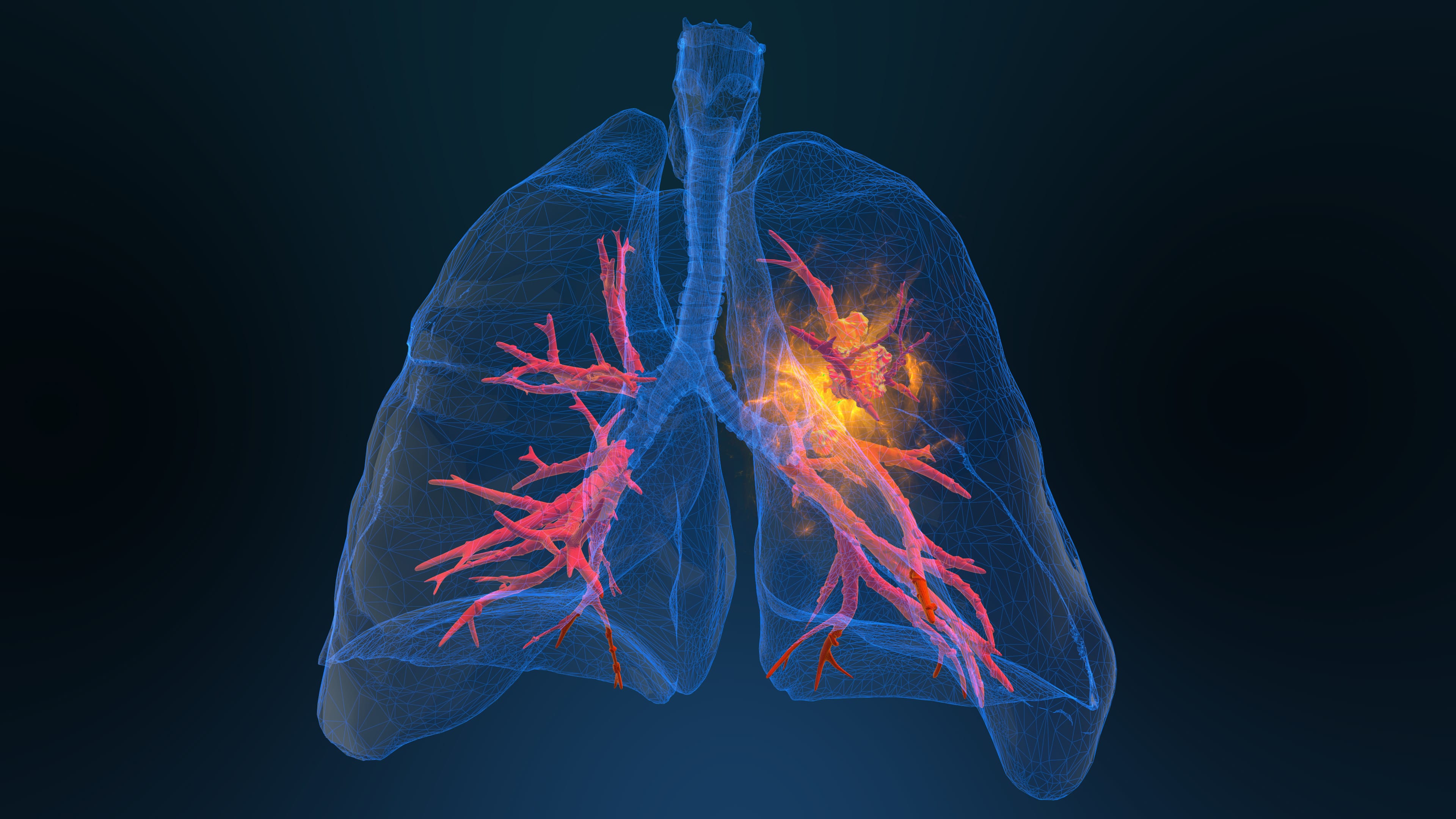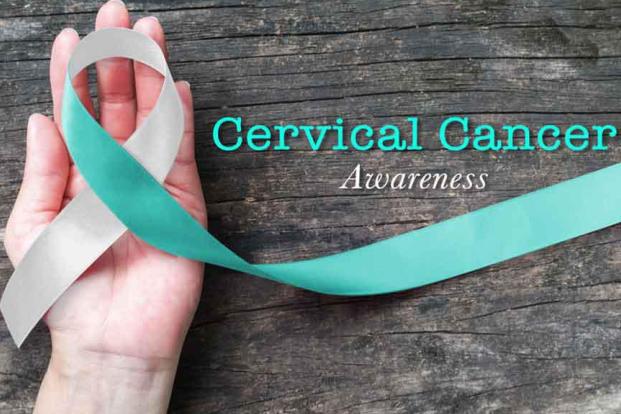Categories
- Bariatric Surgery (11)
- Black Fungus (5)
- Bone Marrow transplant (3)
- Brain Tumor Surgery Navigation Technology (20)
- Cardiac Surgery (66)
- Cardiology (97)
- Computer navigation technology for joint replacements (20)
- Covid Vaccination (17)
- Critical Care (2)
- Dental (19)
- Dermatology (31)
- Dialysis Support Group - “UTSAAH” (11)
- Dietitian (33)
- Emergency Medicine (4)
- Emotional Health (11)
- Endocrinology (33)
- ENT (20)
- Gastroenterology and GI Surgery (53)
- General and Laparoscopic Surgery (21)
- General Surgery (4)
- Gynecology & Obstetrics (183)
- Hematology (20)
- Internal Medicine (294)
- Kidney Transplant (50)
- Kidney Transplantation (20)
- Lung Cancer (8)
- Minimal Invasive Surgery (1)
- Mother & Child (20)
- mucormycosis (5)
- Nephrology (61)
- Neurology (147)
- Neurosurgery (68)
- Nutrition and Dietetics (107)
- Omicron Variant (1)
- Oncology (288)
- Ophthalmology (10)
- Orthopaedics & Joint Replacement (86)
- Paediatrics (59)
- Pediatric Nephrology (3)
- Physiotherapy (5)
- Plastic & Reconstructive Surgery (6)
- Psychiatry and Psychology (90)
- Psychologist (28)
- Pulmonology (72)
- Rheumatology (13)
- Spine Services (21)
- Transradial Angioplasty (16)
- Urology (84)
Query Form
Posted on Apr 19, 2022
Stage 1 Lung Cancer: What to Expect
Lung cancer is life-threatening cancer. The five-year survival rate for Stage-1 NSCLC is approximately 70% but advances in treatment may have improved the overall outlook.
Stage-1 cancer defined as Primary tumor(T1) is 2-3 centimeters (cm) or less, no lymph node involvement (N0) and no metastasis (M0).

What are the symptoms?
Stage-1 lung cancer usually doesn’t cause many symptoms, but patients may experience:
- Shortness of breath
- Hoarseness
- Coughing
Because early symptoms are mild and easy to ignore, it’s important to see your doctor if you have any concerns. This is especially crucial if you smoke or have other risk factors for lung cancer.
What treatment options are available?
Treatment options depend on a number of factors, including:
Histological type of lung cancer, genetic mutations (EGFR/ALK/ROS/MET/PDL-1), general health with co-morbidity and age.
In case of non-small cell lung cancer (NSCLC):
Most likely surgery is only needed i.e. to remove the cancerous part of lung (lobectomy) with or without removal of nearby lymph nodes to check for cancer cells. It’s possible that no need any further treatment.
But in case of high risk for recurrence, may require chemotherapy after surgery i.e. use of powerful anti-cancerous drugs that destroy cancer cells which are usually given intravenously in cycles of three to four weeks interval for four to six cycles or sometimes oral medications as per genetic mutation profiles.
In case of contraindication of surgery: Radiation therapy or radiofrequency ablation may be used as primary treatment which uses high-energy
γ-rays(gamma-rays) to kill cancer cells. It’s a painless procedure usually given five days a week for 5-6weeks.
Targeted drug therapies and immunotherapy is generally reserved for later-stage or recurrent lung cancer.
If you have small cell lung cancer(SCLC):
Treatment usually consists of chemotherapy and radiation therapy. Surgery may also be an option at this stage.
After completion of treatment, it will take some time to fully recovery. It is mandatory to have under regular checkups and follow-up testing i.e. physical examinations, periodic imaging tests and blood tests to look for recurrence of disease. Any of these symptoms new or worsening cough, coughing up blood, hoarseness of voice, shortness of breath, chest pain, wheezing, unexplained weight loss, headache with vomiting & seizures and bone pain could signal of recurrence of cancer and in this situation quickly rush to nearest oncology centers.



